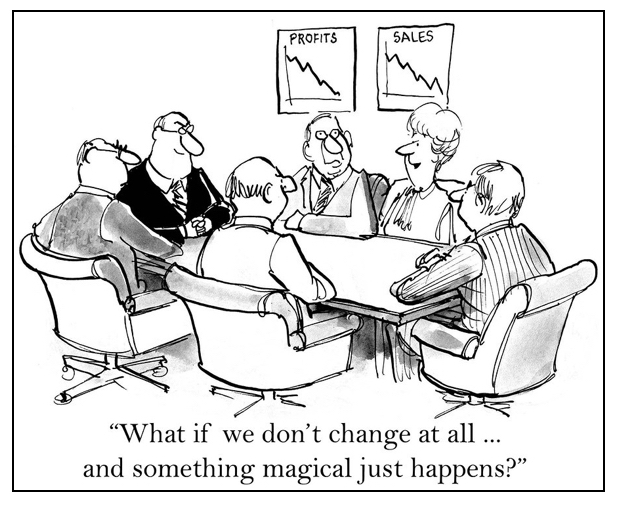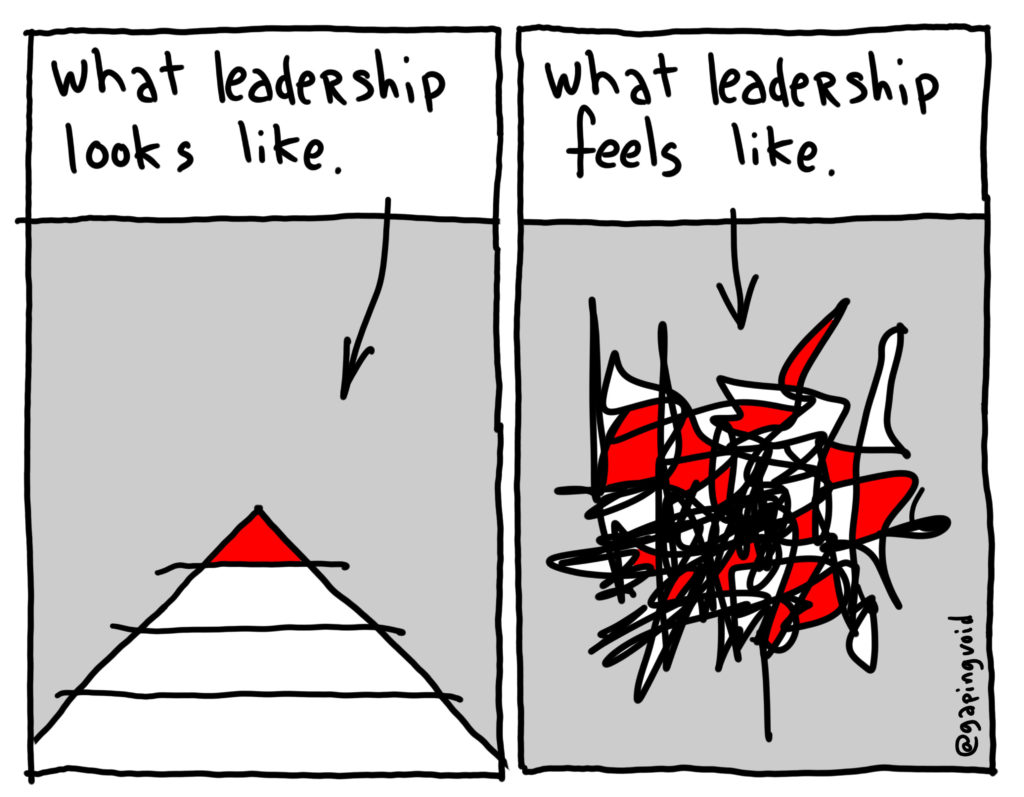 One of the most encouraging things about life is that at any time we can decide to change and chart a new course. Life is like a book with many chapters; as the author, you can start a new chapter at anytime.
One of the most encouraging things about life is that at any time we can decide to change and chart a new course. Life is like a book with many chapters; as the author, you can start a new chapter at anytime.
It doesn’t matter how old you are or how deeply embedded you are in your current modus operandi. You can always choose a new direction. Where you’ve been need not determine where you go.
Sometimes in life we slowly and unwittingly drift into an undesirable place, or sometimes life changes around us and we don’t adjust to it. We find ourselves severely out of sync. Often our poor choices place us in jeopardy.
Regardless of why we’re displaced or out of kilter, we can remedy the situation. Making major changes is hard, but doable. It takes courage and grit.
- Terminate an abusive relationship.
- Start a new career.
- Stop a bad habit or start a good one.
- Decide to be more positive, or punctual, or kind.
- Pray more.
You’ll probably need help; it’s difficult to negotiate major changes on your own. But you must initiate the new direction and be the driving force behind it. No one else is responsible for your turnaround, but many will assist.
When you’re ready to move to a better place and future, think carefully about, and take, that first step. Think about where you want to go and then take a baby-step forward, then another, and another. The journey of 1,000 miles begins with one step, so the first step is very important – both for direction and momentum.
The best time to plant a tree was 20 years ago. The second-best time to plant a tree is today. A year from now you’ll wish you had started today. Start today.
[reminder]What are your thoughts about this essay?[/reminder]


 In a 50/50 relationship—where each person has equal authority—a “no” is more powerful than a “yes.” For instance, in a marriage in which the 50/50 rule is in place, if one spouse says, “Let’s go out to eat on Friday,” and the other says, “No; I don’t want to,” the latter rules. “No” trumps “yes.”
In a 50/50 relationship—where each person has equal authority—a “no” is more powerful than a “yes.” For instance, in a marriage in which the 50/50 rule is in place, if one spouse says, “Let’s go out to eat on Friday,” and the other says, “No; I don’t want to,” the latter rules. “No” trumps “yes.” At work and at home, conflicts are inevitable. We are imperfect people living in an imperfect world. So don’t be surprised when relationships are strained, but do proactively try to resolve the conflicts.
At work and at home, conflicts are inevitable. We are imperfect people living in an imperfect world. So don’t be surprised when relationships are strained, but do proactively try to resolve the conflicts.